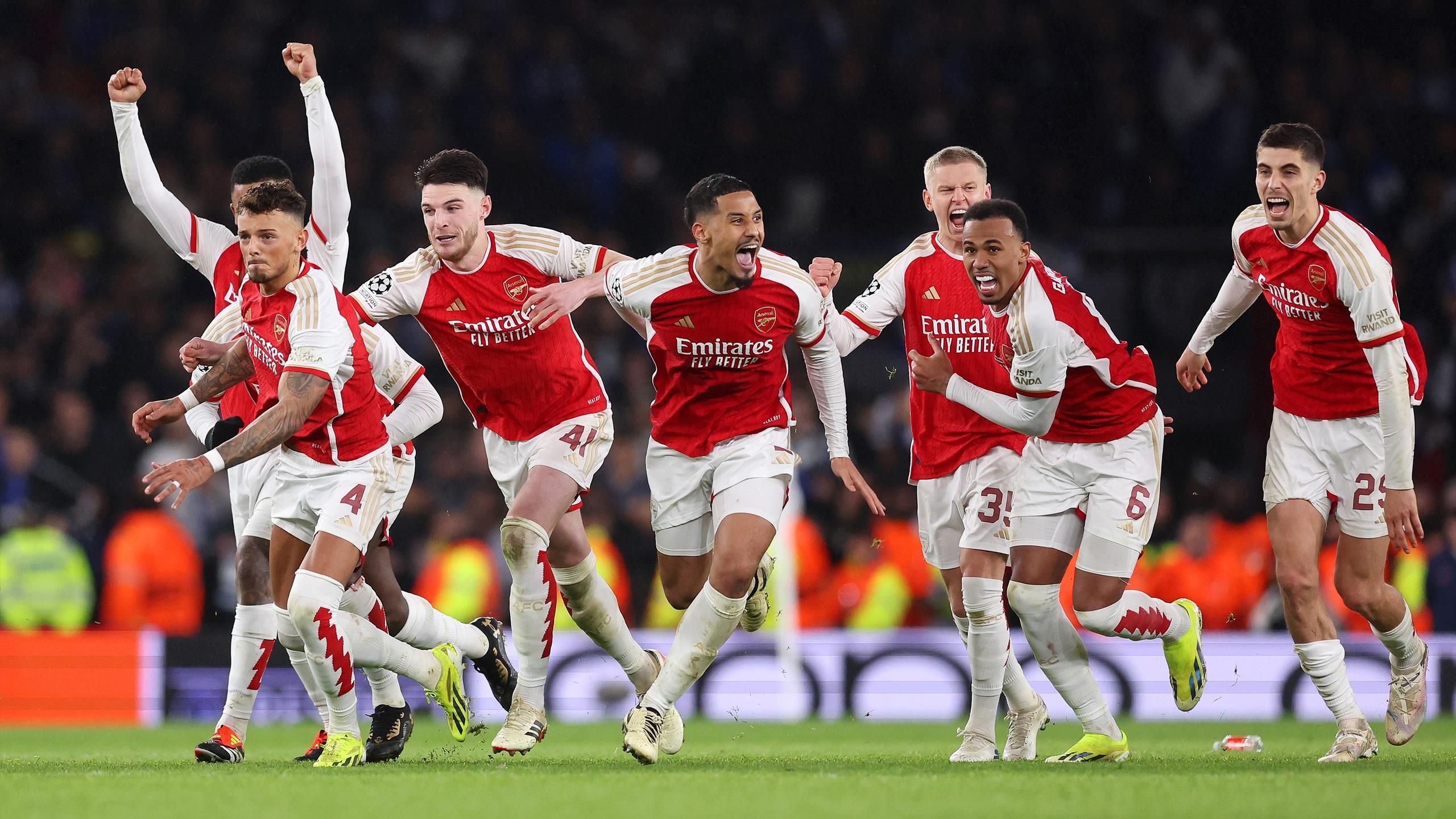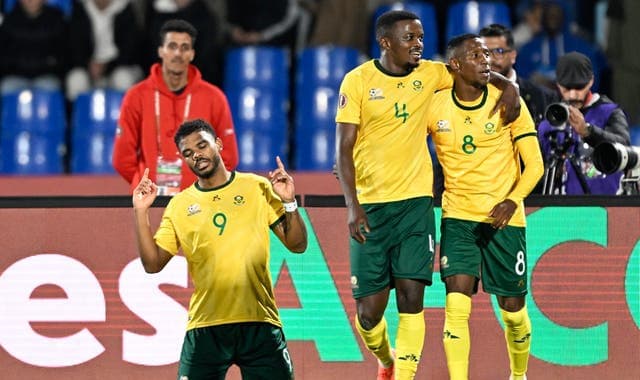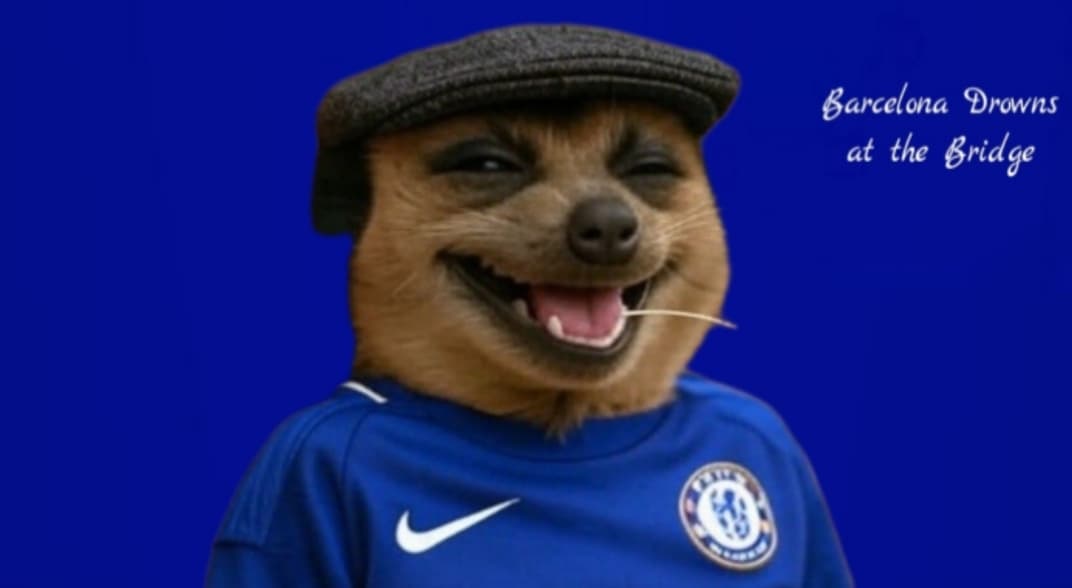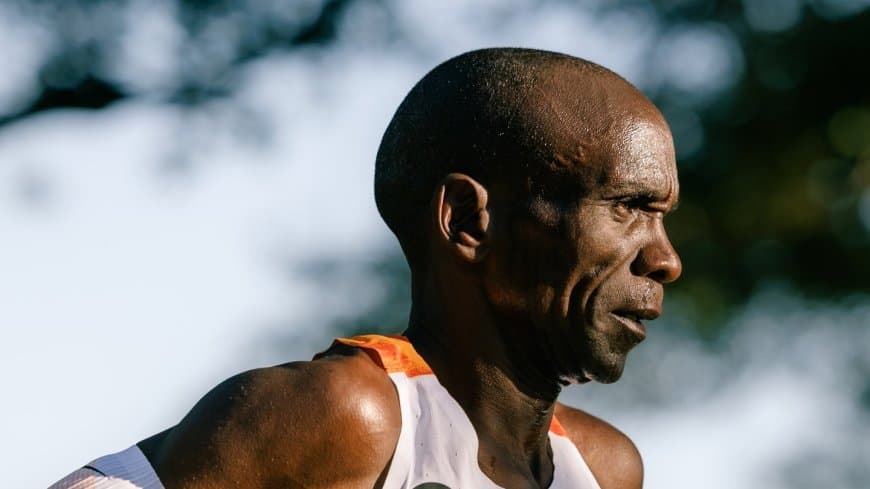Arsenal are the first side to be pencilled into the Champions League quarter-finals. The 7-1 away victory over PSV Eindhoven was the standout result on a night of entertaining but close encounters.
Borussia Dortmund and Lille drew 1-1 with it all to play for next week in France. Aston Villa struck twice late on against Club Brugge to take a two-goal advantage back to the Midlands. Real Madrid will need every part of their slender lead when they travel across the Spanish capital to face fierce rivals Atletico.
Villa are the favourites to progress from their tie now, and so are Real; but Arsenal are the only team who can truly be banked on getting through. They are miles in front at the halfway stage of the first last-16 ties and the upcoming fixtures promise to be tight affairs as well.
Liverpool and Paris Saint-Germain is perhaps the best draw whilst Bayern Munich and Bayer Leverkusen couldn't be split in Bundesliga last month. Inter will be backed to beat Feyenoord over two legs in the other most lopsided tie on paper, while Barcelona and Benfica played out a 5-4 hum-dinger during the group phase.
Despite winning 13 English league titles (third most) and a record 14 FA Cups, Arsenal have only the 1993/94 Cup Winners’ Cup and 1969/70 Inter-Cities Fairs Cup to their name in Europe. Both tournaments are now defunct and the latter is not recognised by UEFA.
This peculiarly leaves Arsenal behind both arch-rivals Spurs and Europa Conference League champions West Ham in the honours list among English sides and outside the elite to have won the famous ‘Big Ears’ trophy.
There is no doubt that the north Londoners are the biggest club to have never won the trophy, and they have only one final and a semi-final to show for their many efforts. It is a serious blot on an otherwise exemplary CV.
Nineteen of the 21 seats at European football’s top table came consecutively under Arsene Wenger, the best run of any English club and behind only 14-time winners Real Madrid overall.
Despite being an ever-present at the table, Arsenal could never find their way to the top of it, even when they had the best, or close to the best, team in Europe.
Wenger’s 1998 double-winning side is perhaps underrated due to the Invincibles but many would suggest that it was the stronger side with its all-English ‘Famous Five’ being supplemented further forward by the French World Cup-winning midfield, the Dutch brilliance of Overmars/Bergkamp and the electric Nicolas Anelka up top, who was then succeeded by fellow Monaco graduate Thierry Henry when he left for Real Madrid in 1999.
But back-to-back group stage exits in 1998/99 and 1999/2000 came regardless, perhaps aided by the club’s decision to hold their home games at Wembley due to Highbury’s smaller capacity. Dynamo Kiev, Lens and Fiorentina all pipped the Gunners to qualification spots.
In 2000, a third-placed finish led to Arsenal falling into the UEFA Cup, where they made a final but lost to Galatasaray on penalties, just as they did in the 1980 Cup Winners’ Cup to Valencia. 1995 also saw further heartbreak in that old competition, this time to Real Zaragoza and a 45-yard lob of David Seaman by Nayim (he walked so Ronaldinho could run).
Away goals cost them in the quarter-finals the following season to Valencia, but again it would be group-stage exits in the two years that came after, albeit at the second stage as UEFA expanded the tournament in the pre-round-of-16 days.
That this came despite beating 2002 finalists Bayer Leverkusen and stacked Juventus and Roma sides made it all the more difficult to take. Draws regularly cost Wenger’s side, who struggled to score the goals they banged in with ease on Premier League weekends.
The one that got away is undoubtedly 2003/2004, which was the last time it was safe to say Arsenal were the best side in Europe, having gone unbeaten at home and smashed Inter Milan 5-1 in the San Siro (they remain the only side to beat both Milan sides in the famous stadium).
A treble run was in place but was shattered in the space of four days by Manchester United in the FA Cup and Chelsea in the Champions League, both at the quarter-final stage and both against sides they had left behind in the league.
An away goal from Robert Pires at Stamford Bridge had put the Gunners in a fantastic position heading into the second leg at home, where they conspired to throw away a 1-0 lead, eventually losing 2-1 and giving Wayne Bridge a night to remember.
The club’s peak would then give away to decline with no titles or title challenges in the next five years but a first and only Champions League final (the first for any London side too) which was reached via defeats of Real Madrid (that Henry goal), Juventus (that Fabregas performance), and Villarreal (that Lehmann penalty save).
The German keeper kept 10 consecutive clean sheets en route but was then sent off in the final, which might sum up Arsenal’s luck in Europe. Henrik Larsson’s rescue act denied the club their greatest day and they haven’t been close since.
Liverpool knocked them out in 2007/08 in a pulsating quarter final while United made light work of them in the semis a year later. If that was bad, worse was to come as Barcelona and Bayern Munich began to take turns at tormenting Wenger and his now fading forces, who soon began to be financially out-muscled even more following the funding of the new stadium and subsequent move.
Lionel Messi got four against them in the 2010 quarter-final second leg, which remains the last time Arsenal competed in the last eight. Seven straight last-16 exits followed, two to Barca, three to Bayern and one to Milan and Monaco.
There were numerous harrowing losses, notably 4-0 to Milan in 2012, 3-1 at home to Monaco in 2015 and 10-2 on aggregate to Bayern in 2017, a second-leg 5-1 loss being their last Champions League outing and the true end point of Wenger, even if he kicked on for one more sorry season, which ended with a fifth-place finish.
It has been a long six years in exile for everyone connected to the club, but it has been a period that has seen great change and transition at every level from the board to the playing squad. There is an alignment between Mikel Arteta and Edu that has not been seen since the days of Wenger and David Dein (his exit in 2007 also contributed to the Gunners’ decline).
His three runs in the Europa League have seen more embarrassing exits, with Olympiacos, Villarreal (and Unai Emery) and Sporting all beating his side, albeit last season the focus was on the league.
This is the landscape for Arsenal to look out on as they plan for what is almost certain to be a second consecutive year in the quarter-finals. As well as taking great confidence from demolishing PSV, Mikel Arteta can be confident of things improving further still.
His side were not in good form entering the away leg at PSV. Neither, it must be said, were their opponents. But the destruction and clinical nature of the display will inspire optimism moving forward.
Arsenal know that they will not have a natural striker for the rest of the season, but are finding answers. If Martin Odegaard keeps performing to the same level as he did here then there is every chance that Arsenal cause all remaining competitors problems.
Ethan Nwaneri is the real star of the show as he continues to replace Bukayo Saka on the right with increasing ease. Declan Rice produced one of his most impactful all-round performances in the Netherlands and is among the best in the world in that sort of mood.
Arteta also knows that Arsenal can be tired and uninventive when things don't click. Missing a striker has proven costly in the Premier League title race, but narrow victories or even ground out draws are more valuable in a knockout environment.
This makes the return of Saka something to keep an eye on. Arsenal are hopeful that he will be back after the international break along with Gabriel Martinelli - who has been selected to play for his country later this month as well in an indication that things are headed in the right direction.
Both Saka and Martinelli will plan to be back to match sharpness by April 9, when the quarter-final first legs are due to be played. Arsenal can be almost certain of their place against one of the Madrid sides as they play host before travelling away one week later to complete the tie.
That gives Saka and Martinelli a full month to focus their recovery and integration back into the team for those games. It is a target to aim for and a factor which really does change the picture for Arsenal.
They are a better team with both wingers available and it will also open up Nwaneri to a more natural and withdrawn midfield role if needed. Having the 17-year-old as an option off the bench is also a luxury.
Then there is Ben White. He is ahead of his attacking teammates and has been on the bench in recent weeks. He is yet to start since being ruled out for more than three months with a knee problem. White was used off the bench in the second half against PSV.
Arteta can now carefully manage White's gradual build-up of game time as well. The three are all arguably in Arsenal's strongest XI and will pose new questions of any opponent later in the Champions League. Having gotten through to this stage without them as help, kicking on with their involvement is the sort of boost that Arsenal's rivals are unable to match.







